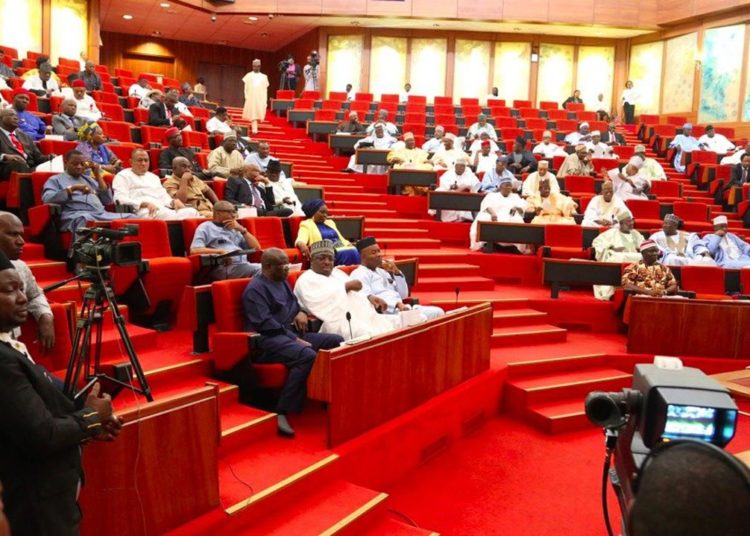In a landmark move to confront the lingering injustices of colonialism and chart a collective path forward, the Nigerian Senate Committee on Reparation and Repatriation hosted a high-level consultative forum with African diplomats.
The one-day event held at the National Assembly Complex, Abuja, brought together envoys from across the continent to deliberate on reparative justice, restitution of cultural assets, and collaborative strategies to redress historical exploitation.
Welcoming participants, the committee chairman, Senator Ned Munir Nwoko, emphasised the urgent need for African nations to address the painful legacies of slavery, colonisation, and systemic injustice. He stressed the importance of unity in seeking economic redress and repatriating stolen artefacts and cultural heritage.
Speaking on behalf of the senate president, the Senate chief whip, Senator Tahir Mongunu, noted that the global conversation around reparations has gained momentum. He affirmed the Senate’s commitment to supporting diplomatic and legislative efforts to address past wrongs, especially those that continue to shape the African narrative.
“Across the globe, the issue of reparation and repatriation has taken centre stage. The scars of slavery, colonialism, systemic injustice, and forced migration continue to define the African experience,” Mongunu stated.
A powerful poetic rendition by Rex E. Odoemenam captivated the gathering, evoking deep emotions and shedding light on colonialism’s physical and emotional toll on Africans. The performance drew applause and tears, particularly from Senator Victor Umeh, who described the message as a reminder of the continent’s brutal past.
Ambassador Mohammed Fouad of Egypt expressed solidarity with the committee’s initiative and advocated for the return of cultural artefacts looted during colonial rule, noting that Egypt’s ancient civilisation has suffered significantly from such losses.
Ambassador Selestine Gervas Kekele of Tanzania shared his country’s experience, noting that while Germany has returned human skulls taken during colonial times, valuable items like dinosaur fossils remain abroad and generate foreign revenue. He called for a unified continental approach and urged the inclusion of Caribbean nations in the broader conversation.
Ambassador Maxwell Ranga of Zimbabwe lamented the historical silence and inaction over the years, even as Africa’s natural resources and labor continue to be exploited. He emphasised the need for African industrialisation and economic independence to reverse this trend.
Senator Ipalibo Banigo described the forum as a moment of reckoning, warning that politicising history along cultural lines weakens the collective cause. “If we forget our history, we risk repeating it,” she cautioned.
In a heartfelt comment, Senator Ned Nwoko questioned why African countries remain so fragmented that citizens require international passports to move between neighbouring states, calling for deeper regional integration.
The forum also recognised the contributions of consultants who have worked closely with the Senate Committee. These include Dr Mohammed Aminu, Amb. Dr Suleiman Momoh, Barr. Charles Ude, Barr. Eke Agbai PhD, Chujwuebuka Anyaduba, Barr. Adaeze Anah, Dr. Sylvanus Barnabas, and Rex E. Odoemenam.
In closing, Senator Nwoko urged the diplomats to take ownership of the movement in their respective countries, emphasising that the struggle for reparative justice requires the collective commitment of all African stakeholders.





